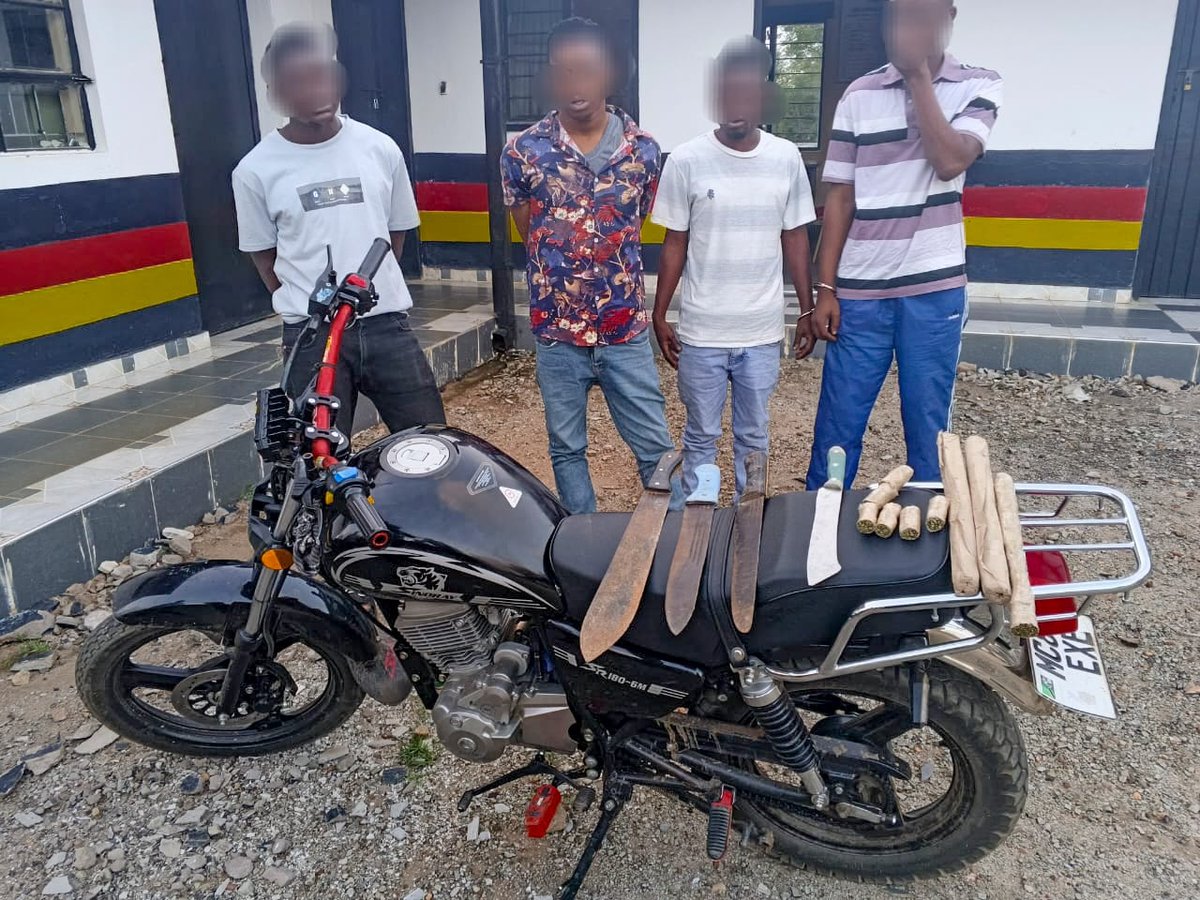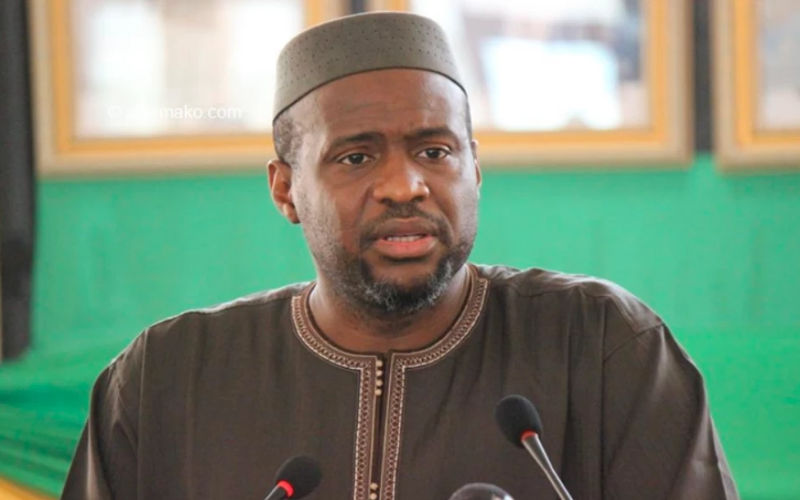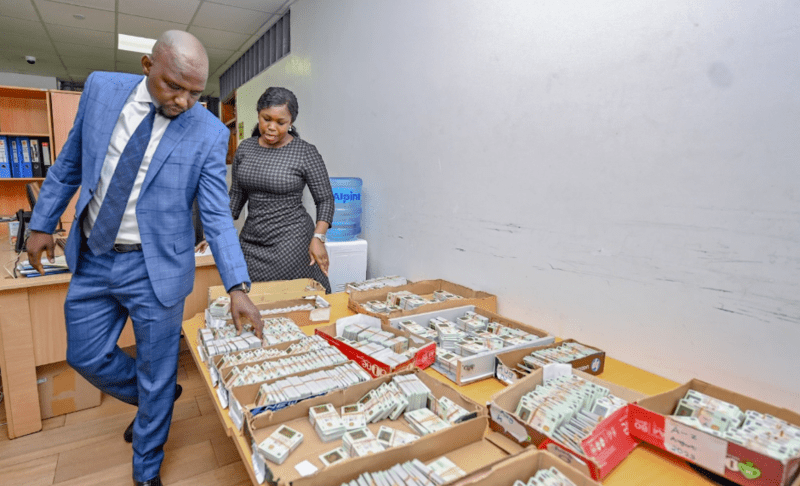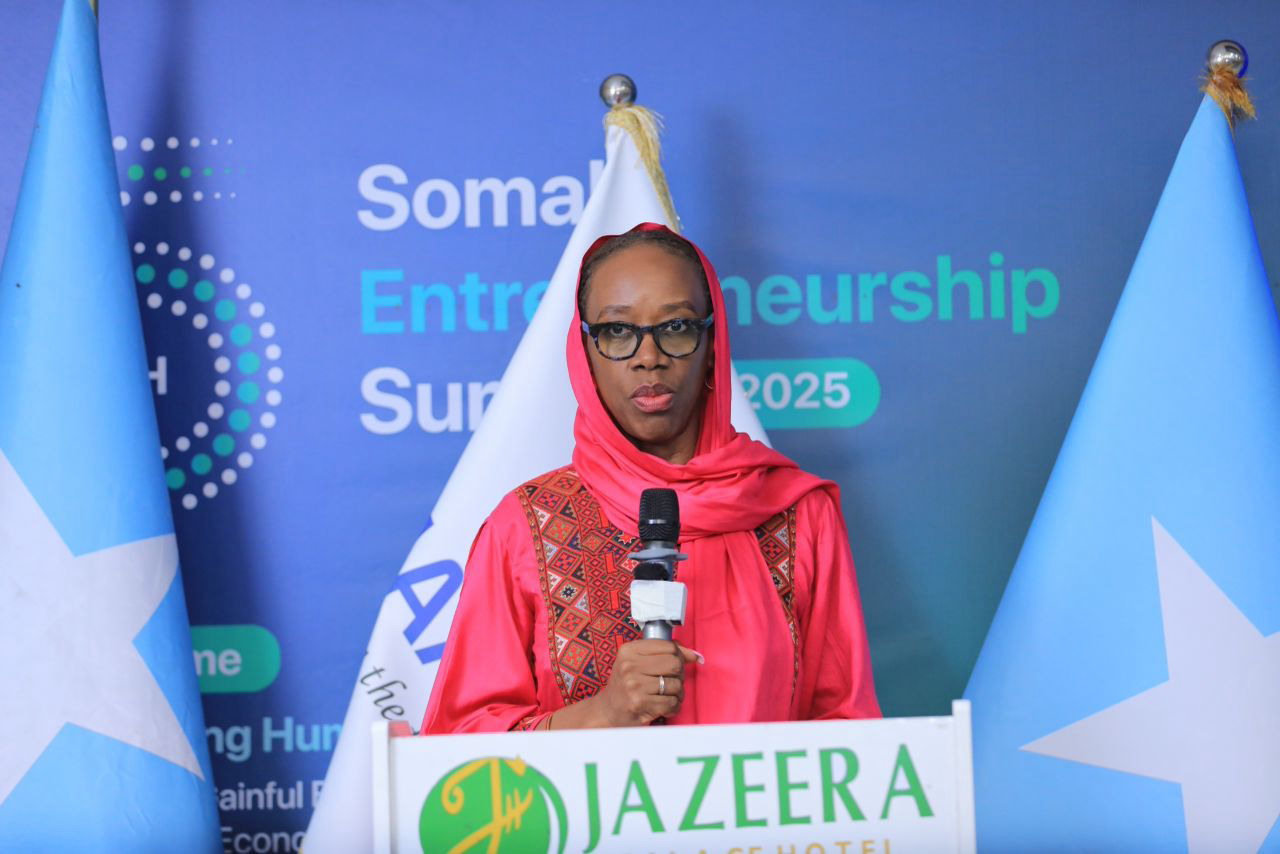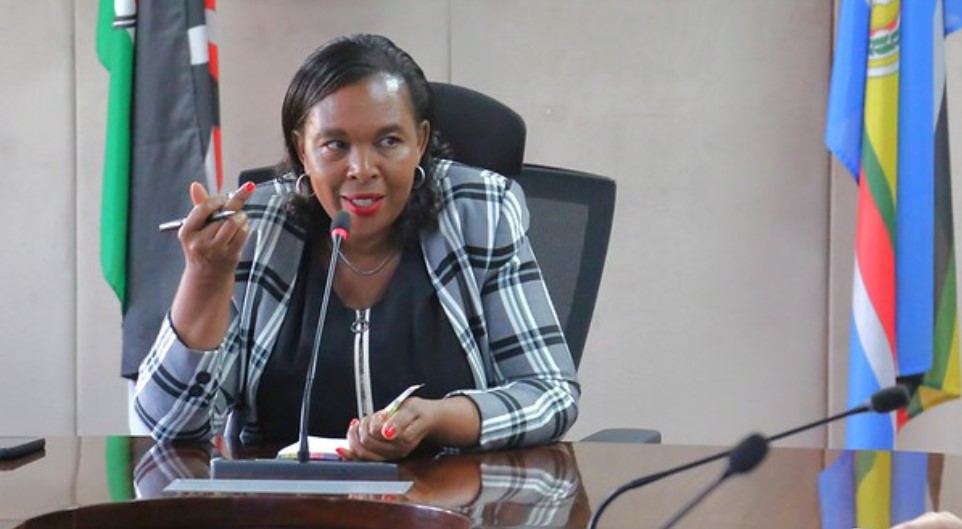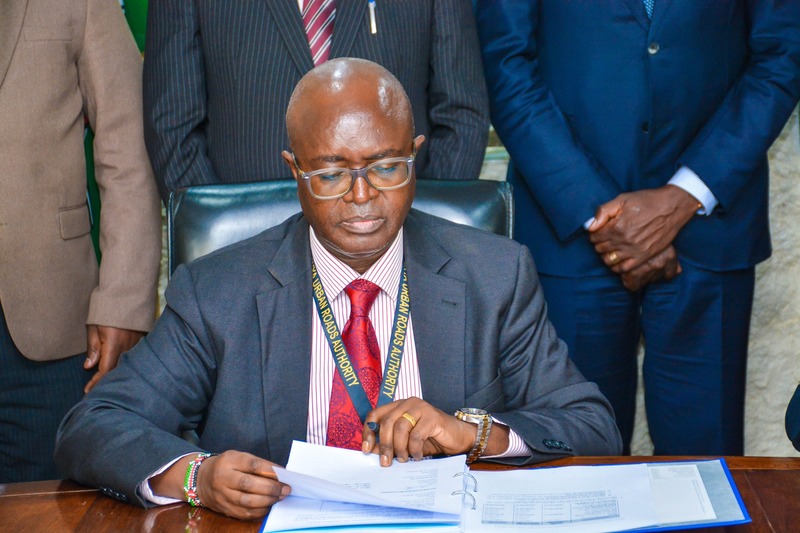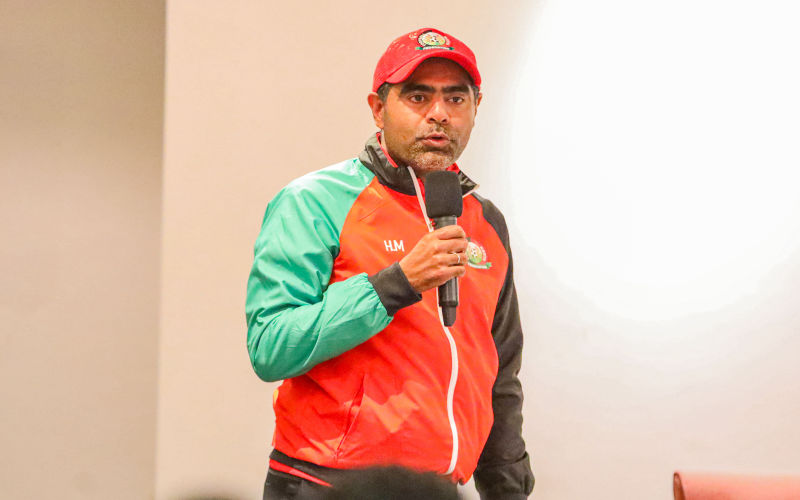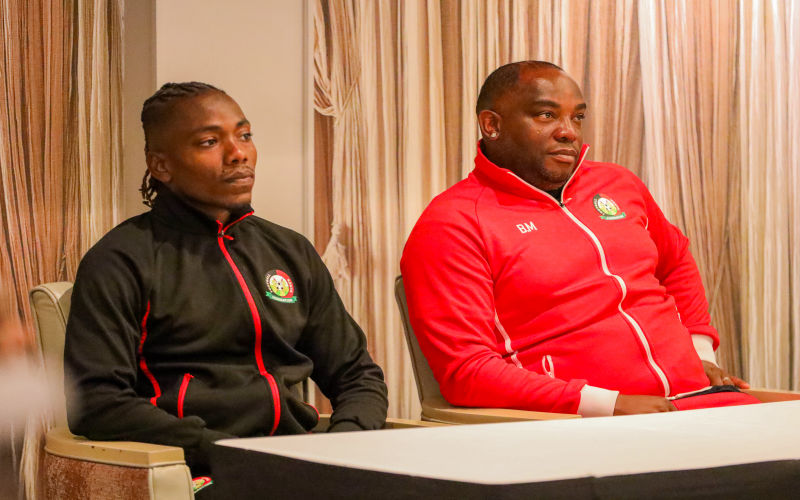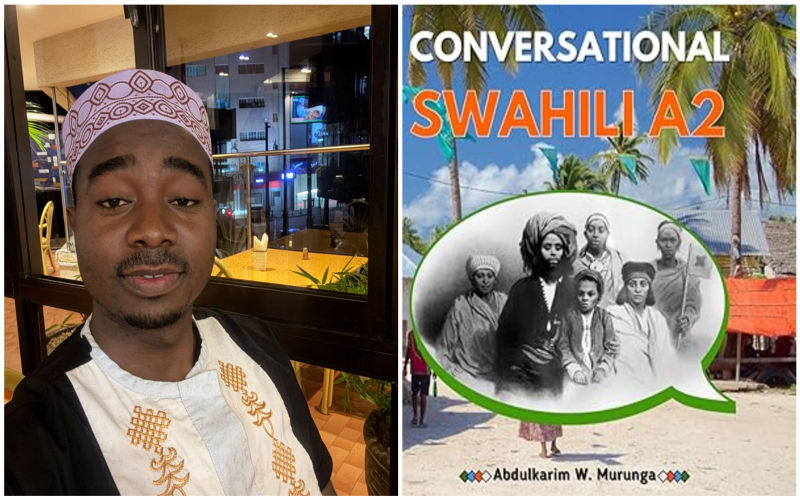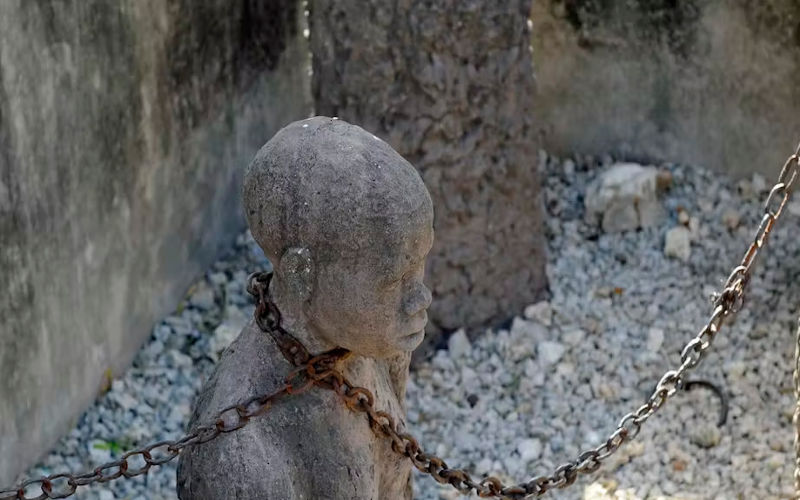Health workers, community leaders unite to combat TB at Dadaab Refugee Camp
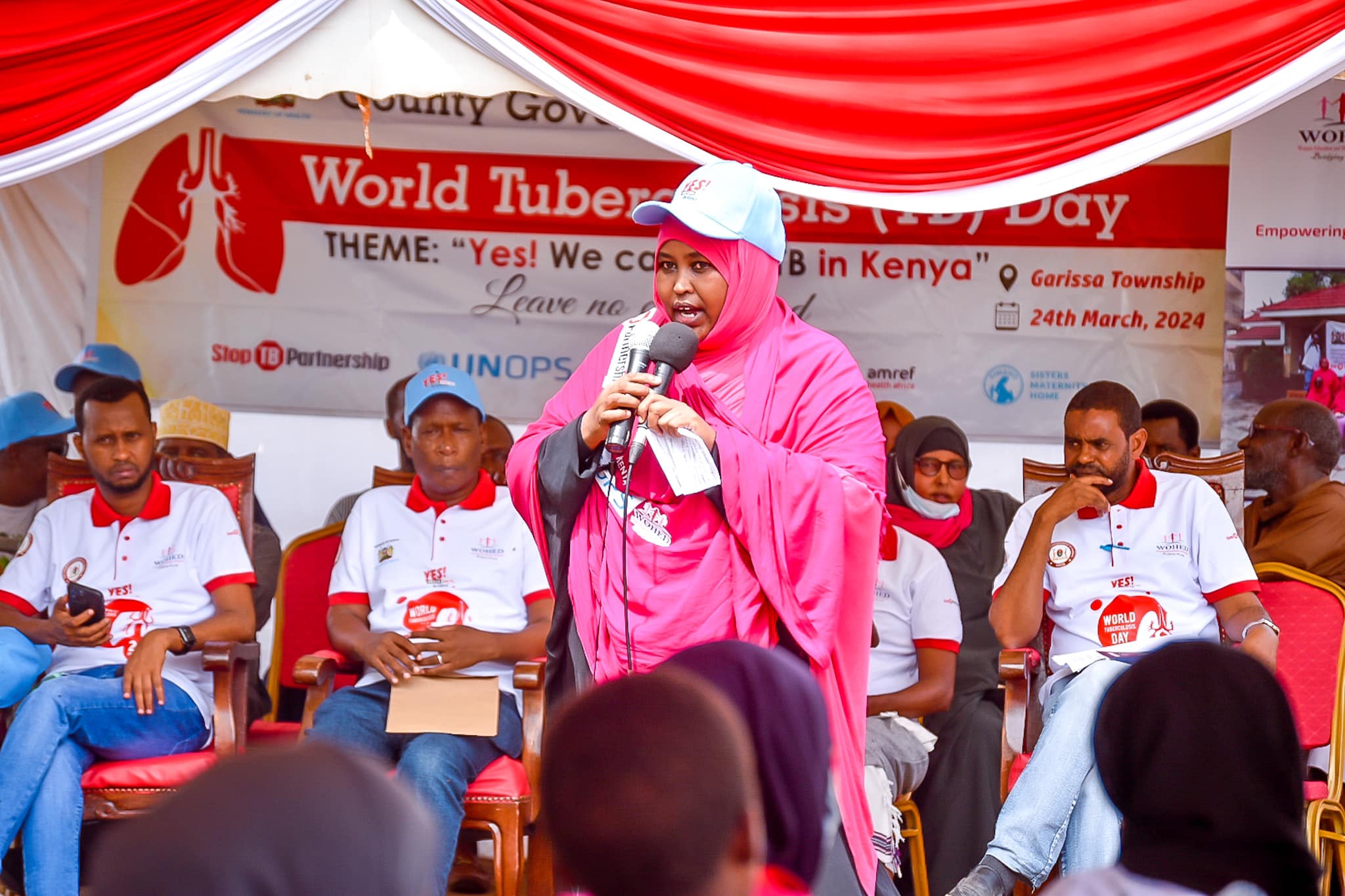
The teams reach out to individuals affected by TB, educating them on the importance of maintaining a healthy diet and encouraging them to access healthcare facilities.
A dedicated team of health workers and community leaders from Garissa is taking the lead in the fight against tuberculosis within the Dadaab refugee camp.
Women for Education Health Development (WOHED) led by Director Fatuma Dekow is at the forefront of the battle against TB in Dadaab.
More To Read
- One dead, two officers injured as protests rock Kakuma refugee camp
- Police probe shooting of trader found dead in stalled car in Dadaab
- Garissa launches 10-day livestock vaccination campaign in Dadaab refugee camps
- Garissa MCAs walk out of consultation meeting on socio-economic inclusion of refugees
- Somali refugees in Dadaab fear Trump’s return will trigger new travel ban
- MPs demand state intervention to forestall a potential refugee management crisis
Fatuma said the team has undergone training and is equipped with the necessary skills to connect affected persons and the health facilities across the refugee camps.
"We have done stigma assessment to understand the stigma level; that is where the health workers, religious leaders, and local leadership come in to help in reducing the same through community sensitisation," she said.
By training and empowering local women, WOHED is creating a powerful force to combat this deadly disease. The women are now equipped to identify, support, and refer TB patients to necessary healthcare, making a significant impact on the health and well-being of the refugee community.
Bridging gap
By bridging the gap between patients and healthcare facilities, these local heroes aim to prevent the spread of TB and improve the health outcomes of refugees.
"Our TB Warriors serve as the backbone of the community, providing linkage to care," explained Fatuma.
These efforts are part of projects implemented by WOHED in refugee camps such as IFO, Dagahley, and Hagardeer. Funded by STOP TB, UNOPS, and the Global Fund, the initiatives focus on advocacy and collaboration with county and national governments to combat TB effectively.
The teams reach out to individuals affected by TB, educating them on the importance of maintaining a healthy diet, encouraging them to access healthcare facilities, providing psychosocial support, and assisting them in overcoming various challenges.
Additionally, the STOP TB-funded initiative equipped patients with the ONE IMPACT APP, enabling them to access essential information, such as locating the nearest healthcare facility and sharing feedback on the difficulties they encounter.
"The One Impact App is a brilliant tool at our disposal with the downside of the refugees lacking mobile phones, internet access, and language barriers since the app is in English and registered SIM cards to access the app," Fatuma stated.
Adequate funding is essential to expand TB prevention and control programmes in refugee camps. This includes supporting activities like active case finding, contact tracing, and preventive treatment.
Top Stories Today
